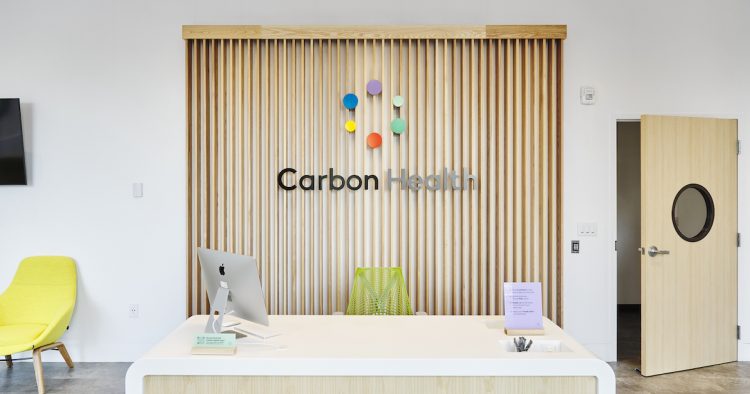Carbon Health is laying off 250 employees, about 8% of the hybrid care provider’s global workforce, according to a message from CEO Eren Bali.
Bali wrote that the company’s core business grew four times last year, but Carbon had been drawing “significant” revenue from COVID-19-related services. As the pandemic shifts, Carbon is shutting down some of its COVID-specific business.
Additionally, Bali said Carbon had been focused on revenue growth, patient acquisition and retention, and service expansion over the past few years, and it planned to shift its target to becoming profitable.
“While that was the right decision in 2020 and 2021, the macro environment with more volatile capital markets means it is vital that we become less focused on growth and more focused on profitability,” he wrote.
THE LARGER TREND
In July, Carbon scored a whopping $350 million investment, boosting its valuation to $3.3 billion.
Since then, the hybrid care startup has been on an acquisition tear, including purchasing remote patient monitoring company Alertive Healthcare, a chain of New Jersey urgent care clinics, two clinic chains in Arizona and California, and a group of clinics in Southern California.
Just before Carbon announced its July fundraise, it acquired diabetes-management platform Steady Health and has since launched its own offering and a metabolic health assessment program.
Digital health investment slowed in the first quarter this year, and most companies on the public markets are facing financial pressures. According to Digital Health Business and Technology, embattled digital mental health company Cerebral will also lay off workers this summer. Chronic-condition platform Thirty Madison let workers go last month in the wake of its merger with women’s health startup Nurx. Meanwhile, weight loss company Noom laid off about a quarter of its coaching staff.
ON THE RECORD
“These changes, alongside a number of non-personnel-related reductions in operating expenses, will allow Carbon Health to be profitable much earlier than we had originally planned, which is the prudent thing to do in today’s market. Our mission – making great healthcare accessible – remains unchanged,” Bali wrote.
“The difficult actions we took were necessary to strengthen our position both financially and strategically for the future, and they set us up to deliver on that mission for our patients, providers, partners and employees.”
Source by www.mobihealthnews.com


